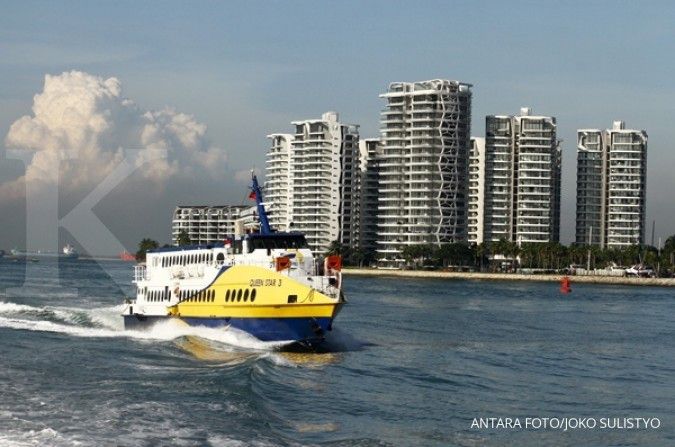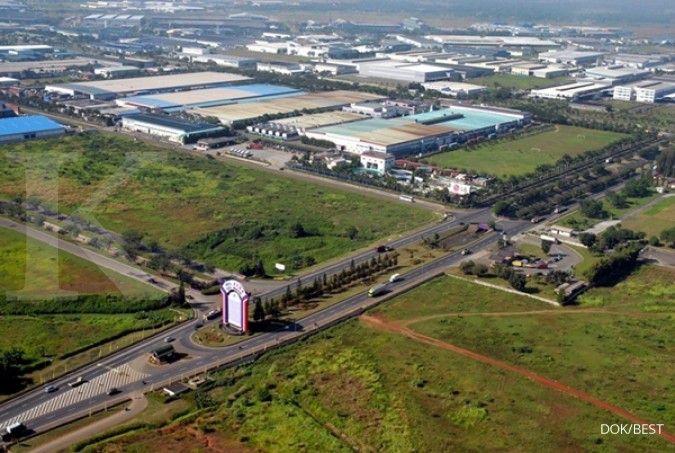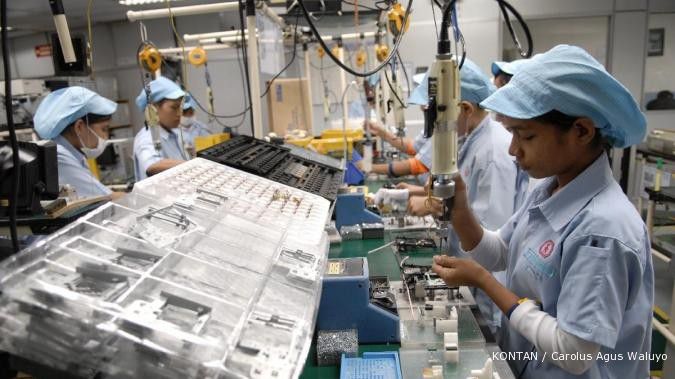JAKARTA. The government is conducting a comprehensive evaluation of the status of the Batam, Bintan and Karimun Free Trade Zone (FTZ) as problems of high costs, uncompetitiveness and governance have continued to weaken the special zone over the last 10 years.
In an interview with The Jakarta Post over the weekend, Coordinating Economic Minister Sofyan pointed out that the government was considering appointing Trade Minister Rahmat Gobel to chair the FTZ, in an apparent effort to centralize its management.
The minister would take over the leadership from the Riau Islands governor, who holds the position ex officio.
Sofyan said that Batam, which previously was idealized as a free trade zone, was currently experiencing difficulties in competing to attract more investment and trade activities. Therefore, it should refocus its core business activities, said the minister.
“An evaluation is being conducted by the Finance Ministry and other related agencies. Batam in the future will focus on just five or six sectors where it is competitive,” said Sofyan.
A final decision on Batam will be made before the implementation of the ASEAN Economic Community at the end of this year. It will then become a model for other zones in the country.
Sofyan said the government would maximize the area’s potential and ensure that the island’s proximity to Singapore would not just make Batam a place for Singapore to dump dirt but would be a real competitive advantage for the island.
Among Batam’s potential areas for development, according to Sofyan, were the aircraft maintenance, repair and overhaul (MRO) industry, IT data centers and tourism.
“In the last 10 years, Batam’s competitiveness has been decreasing. It can be seen from the position of Batam which once was one of our export centers but has significantly lowered,” said the minister.
Sofyan also said that the presence of a regional administration in Batam had caused significant changes in the area because its authority often overlapped with the FTZ authority. The central government would assess if Batam’s current status would be maintained.
He added that Batam in the future would be given support through central government policies.
“The government will go all out,” Sofyan said.
Separately, the ministry’s deputy for infrastructure and regional development, Luky Eko Wuryanto, said that the evaluation of the Batam FTZ would cover a number of issues including coverage area and FTZ framework related to the decentralization era.
“The government will be firm on the authority. It has to be very firm,” Luky said.
On the reason behind appointing the trade minister to head the Batam FTZ, Luky said it was necessary because the FTZ worked at an international level and was internationally oriented.
Meanwhile, Batam FTZ Management Agency head Mustofa Widjaja welcomed the central government’s plan, expressing hope that the evaluation would also come up with solutions for other challenges that the area was facing.
“We also want to have better competitiveness for Batam,” said Mustofa. (Fadli)
/2015/03/16/997877831.jpg)














